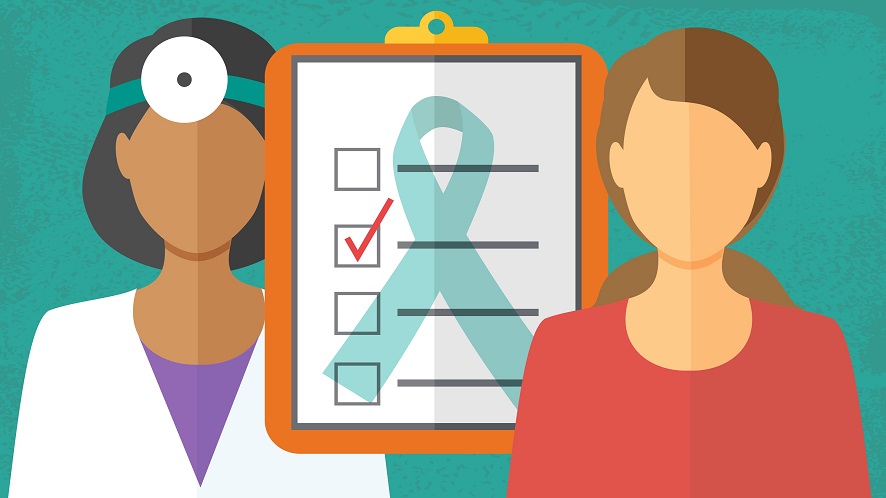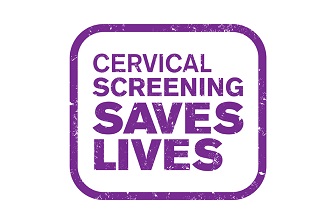Dyfi Valley Health, Bro Ddyfi Community Hospital, Heol Maengwyn, Machynlleth, Powys, SY20 8AD
contact.w96011@wales.nhs.uk 01654 702 224Dyfi Valley Health, Bro Ddyfi Community Hospital, Heol Maengwyn, Machynlleth, Powys, SY20 8AD
contact.w96011@wales.nhs.uk 01654 702 224
Cervical screening, or more commonly known, a smear test, checks the health of your cervix (the opening of the womb from your vagina). It is not a test for cancer but a test to help prevent cervical cancer. Cervical cancer is preventable…
The British Journal of Cancer (2016) estimated that in England, screening currently prevents 70% of cervical cancer deaths across all ages. Even though with this high figure, the numbers of people having smear tests has fallen in the last 10 years!
We have therefore written this blog to try and encourage all those who are eligible for a smear test to have it done…
Watch this video from Cancer Research UK
All women and people with a cervix aged 25 to 64 should be invited by letter.
Try not to put off cervical screening. It’s one of the best ways to protect yourself from cervical cancer.
Cervical screening may check for:
If you have a cervix and have had any kind of sexual contact, with a man or woman, you could get cervical cancer. Even if:
But what if you are still a virgin? The answer: https://www.nhs.uk/common-health-questions/womens-health/do-i-need-a-cervical-screening-test-if-i-am-a-virgin/

All women and people with a cervix between the ages of 25 and 64 should go for regular cervical screening. You’ll get a letter in the post inviting you to make an appointment.
If you receive a letter inviting you for a smear test, book an appointment with us at your earliest convenience.
If you missed your last screening appointment, you do not need to wait for another letter – just call us and book yourself in.
Call us on 01654 702 224.
Please come and see us if you are worried about cervical cancer or have the following symptoms:
It’s your choice if you want to go for cervical screening. But cervical screening is one of the best ways to protect you from cervical cancer.
You can opt out – just let us know you would like to be taken off the cervical screening list… you can always be put back on.
Try not to put off cervical screening. It’s one of the best ways to protect yourself from cervical cancer.